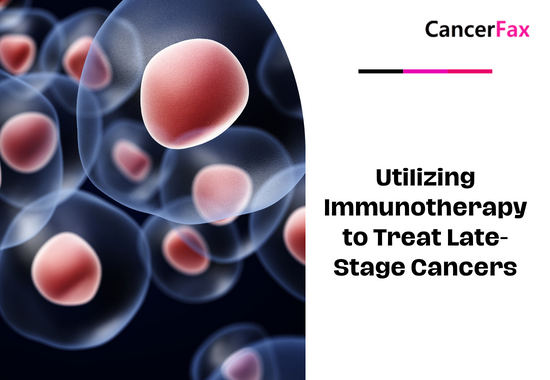A study from the University of Cincinnati School of Medicine at the Annual Cancer Symposium on Surgical Oncology in Chicago on March 24, 2018 showed that adjuvant or additional treatment after surgical resection of rare types of gastrointestinal tumors does not improve patients ’ Survival rate. These findings provide in-depth insights into the treatment options for these types of cancer patients, and may no longer require prescribed adjuvant therapy, maintain quality of life, and save money.
In this study, the researchers used the tumor data of stage I to III patients with surgically removed ampulla from 1998 to 2006 (5,298 patients) in the National Cancer Database of the American College of Surgeons to compare only surgery (3,785), surgery plus Patients with additional chemotherapy (316) and those undergoing surgery plus additional chemotherapy and radiotherapy (1,197) were analyzed for overall survival.
29% (1,513) of patients who underwent surgical resection of ampullary tumors received adjuvant therapy. Adjuvant therapy is more commonly used in patients with stage III, lymph node tumors, and positive surgical margins. However, there was no significant difference in stage-specific survival rates among patients with stage I, II, or III receiving any treatment. Similarly, patients with lymph node tumors and positive surgical margins received no adjuvant survival benefit. This national analysis showed that even for patients with aggressive disease, the adjuvant treatment of surgically removed ampullary tumors did not show any survival benefit.
Therefore, no matter what kind of cancer, any cancer that has progressed, it is necessary to evaluate the subtypes of cancer and their differences at the cellular level. Only through genetic testing can we determine the molecular level changes of patients and guide more precise treatment. The multi-platform atlas analysis of the United States (the authoritative cancer guidance drug company in the United States) can not only analyze cancer driver genes at the genetic level, but also combine RNA and protein detection to analyze multi-level molecular mechanisms, comprehensively evaluate tumor characteristics, and comprehensively guide symptomatic medication. More detailed information can be consulted on the Global Oncologist Network.

